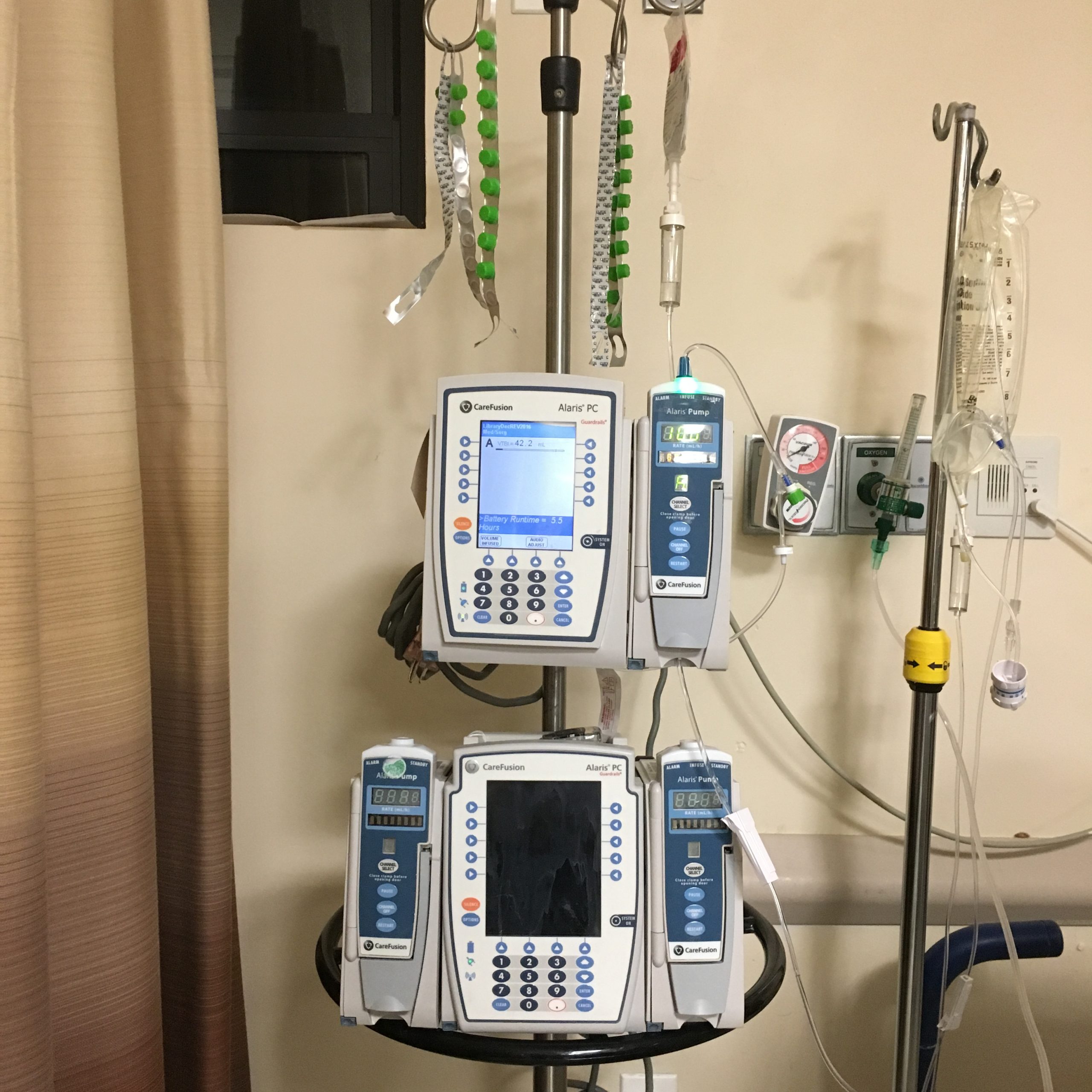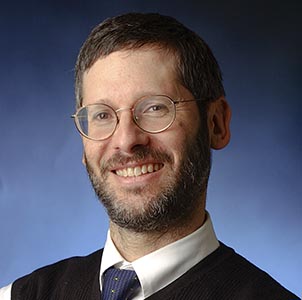Bronx Day Care Fentanyl Tragedy: Husband of Owner Sentenced to 45 Years for Child’s Wrongful Death
 In a tragic case that has shocked New York City, the husband of a Bronx day care owner, Felix Herrera Garcia, has been sentenced to 45 years in prison for his role in operating a fentanyl trafficking ring from a day care facility that led to the death of a 22-month-old child.
In a tragic case that has shocked New York City, the husband of a Bronx day care owner, Felix Herrera Garcia, has been sentenced to 45 years in prison for his role in operating a fentanyl trafficking ring from a day care facility that led to the death of a 22-month-old child.
Herrera Garcia’s conviction follows a guilty plea to charges including conspiracy to distribute narcotics and possession with intent to distribute narcotics, resulting in death and serious bodily injury. His actions, along with those of his co-conspirators, turned a day care—a place where parents trust their children will be safe—into a deadly drug operation, with hidden fentanyl stashes beneath the very floors where children played, ate, and napped. The death of 22-month-old Nicholas Dominici (picture), and the injury of three other toddlers, illustrates the profound risks of fentanyl exposure, especially for young children.
 New York Personal Injury Attorneys Blog
New York Personal Injury Attorneys Blog







